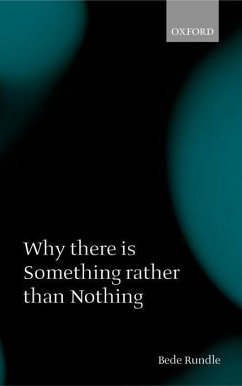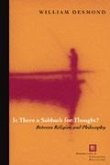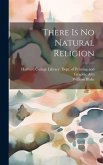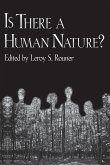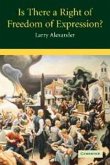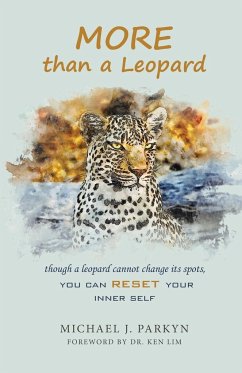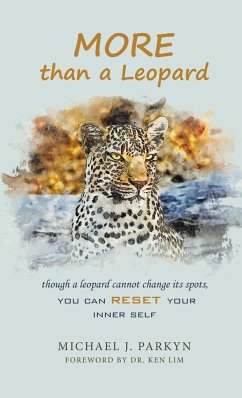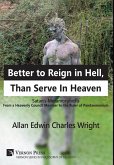He supports this claim by eliminating rival contenders; he dismisses the supernatural, and argues that, while other forms of being, notably the abstract and the mental, are not reducible to the physical, they presuppose its existence. The question whether ultimate explanations can ever be given is forever in the background, and the book concludes with an investigation of this issue and of the possibility that the universe could have existed for an infinite time. Other topics discussed include causality, space, verifiability, essence, existence, necessity, spirit, fine tuning, and laws of Nature. "Why There Is Something Rather Than Nothing" offers an explanation of fundamental facts of existence in purely philosophical terms, without appeal either to theology or cosmology. It will provoke and intrigue anyone who wonders about these questions.
The question "Why is there something rather than nothing"? has a strong claim to be philosophy's central, and most perplexing, question; it has a capacity to set the head spinning which few other philosophical problems can rival. Bede Rundle challenges the stalemate between theistic and naturalistic explanations with a rigorous, properly philosophical approach, and presents some startlingly novel conclusions.
The question "Why is there something rather than nothing"? has a strong claim to be philosophy's central, and most perplexing, question; it has a capacity to set the head spinning which few other philosophical problems can rival. Bede Rundle challenges the stalemate between theistic and naturalistic explanations with a rigorous, properly philosophical approach, and presents some startlingly novel conclusions.

